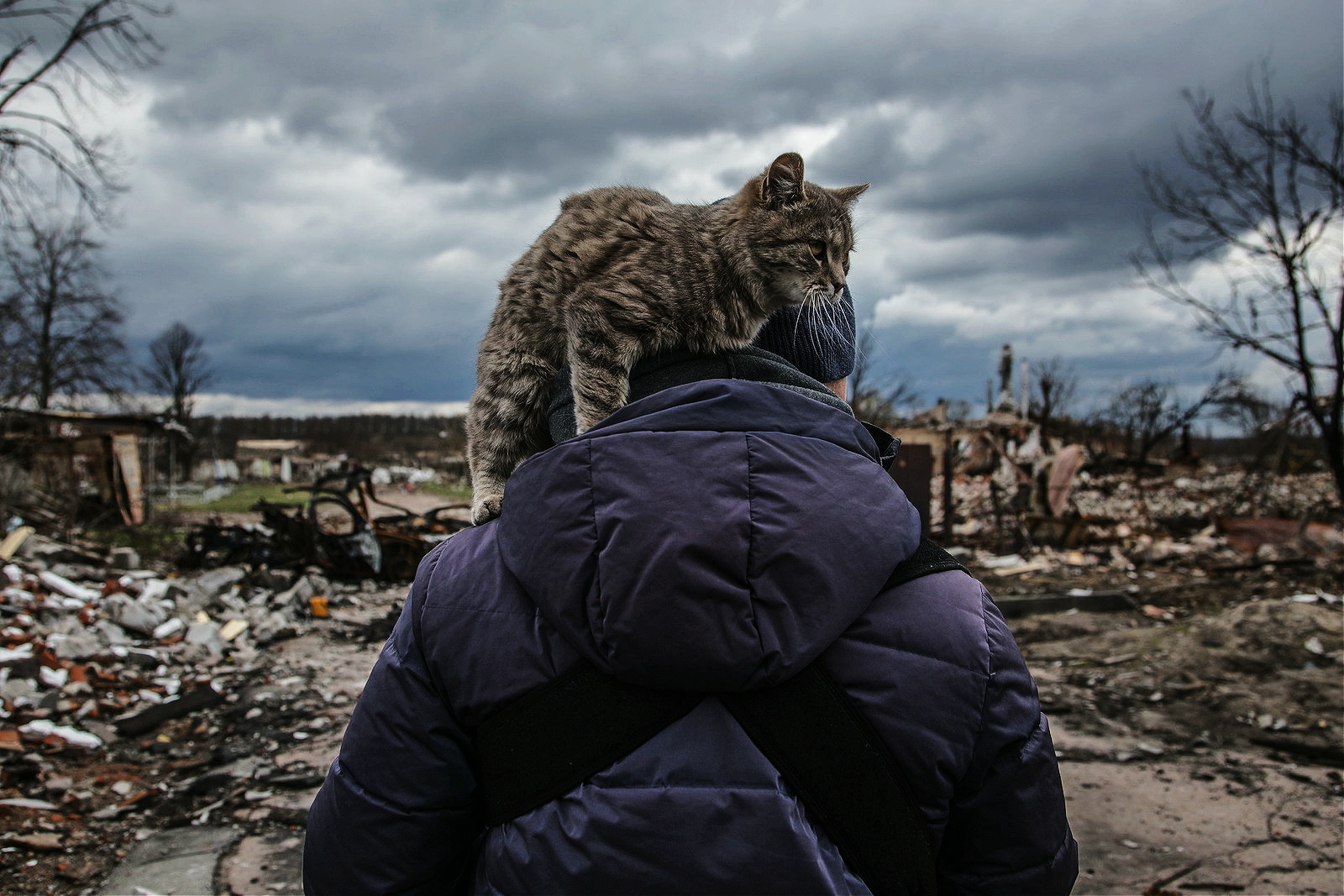
The Wagner Group’s Dirty Fight for Russia in Ukraine
As fighting in Ukraine rages, the battle over Bakhmut stands out as one of the central points of fighting. While the Russian army has pulled back, fighters from the Wagner Group have advanced in the western and northwestern parts of the city.
A recent CNN report notes that Yevgeny Prigozhin, the outspoken head of the Wagner Group, backtracked on a threat to withdraw his forces from Bakhmut after Russia’s Ministry of Defense promised to provide more ammunition to his troops. “In an explosive, expletive-laden rant this week,” according to CNN, “Prigozhin appeared in front of dozens of his dead soldiers and blamed Russia’s military leadership for ‘tens of thousands’ of Wagner casualties. He declared that his men would leave Bakhmut by May 10 because of inadequate supplies, resulting in heavy losses.”
Over the last year in Ukraine, the Wagner Group has garnered considerable notice for its direct participation in combat on behalf of the Russian government. While the group operates as a private military company and is not officially affiliated with the Russian military, and while its use officially remains illegal under Russian law, the group operates with a green light from the Kremlin. The Wagner Group’s criminal conduct and its transformation into an “army with an ideological component” illustrate how the convergence of terrorism and great power competition poses a significant threat.
According to the European Council, “The Wagner Group – already subject to EU sanctions under the Global Human Rights Sanctions Regime – is a Russia-based unincorporated private military entity established in 2014, which is led by Dimitriy Utkin and financed by Prigozhin. The Wagner Group is actively participating in the Russian war of aggression against Ukraine and spearheaded the attacks against the Ukrainian towns of Soledar and Bakhmut.”
Let’s honor the fallen.
Let’s help those who continue the fight.📷 Valentyn Ogirenko pic.twitter.com/lzUFxt6PfH
— Defense of Ukraine (@DefenceU) May 8, 2023
Mercenary groups are not new; in fact, they have been used for centuries. According to the Atlantic Council’s Sean McFate, “The Middle Ages were a mercenary heyday. Nearly half of William the Conqueror’s army in the 11th century was made up of hired swords, as he could not afford a large standing army and there were not enough nobles and knights to accomplish the Norman conquest of England. King Henry II of England engaged mercenaries to suppress the great rebellion of 1171-1174.”
The Wagner Group, designated by the U.S. as a transnational criminal group, also saw sanctions leveled against it in January. The U.S. Treasury Department said Wagner Group personnel are also involved in alleged ongoing criminal activity, including mass executions, rape, and physical abuse in the Central African Republic and Mali. The U.S. also sanctioned the Wagner Group’s global military support network, including a technology company that supplied images from space and an aviation firm.
According to Raphael Parens at the Foreign Policy Research Institute, “Once a Kremlin asset used exclusively in Africa and Syria, the mercenary group redeployed most of its forces to the Russian invasion of Ukraine. The Wagner Group has changed irrevocably since the conflict began, exploding from 5,000 seasoned veterans to a force of 50,000 troops, 80 percent of whom are former prisoners, in Ukraine alone.”
The U.S. moves against the Wagner Group are intended to send a direct and strong message to Russian President Vladimir Putin that his unofficial military groups are just as culpable as the recognized Russian army. Parens notes that Prigozhin, the Wagner Group’s financier and key leader, “has inextricably tied the group to his own personal fortunes in and around Vladimir Putin’s inner circle. Still, the United States and its allies have an array of responses to this and other mercenary groups promoting Russian influence in Africa.”
The Wagner Group recently posted an audio message by Prigozhin on Telegram apparently reaffirming Russia’s support, stating that “The bottom line is the following: they promise to give us ammunition and weapons, as much as we need to continue further actions. They swear to us that everything that is necessary will be on the flank so the enemy can’t cut us off. We are told that we can act in Bakhmut as we see fit.”
Fighting has raged in Bakhmut for months, but the city has not yet fallen to Russian troops. With a fresh supply of ammunition, this could change, and the Wagner Group could potentially change the equation and bring about the fall of the city, capturing it for Russia. With many of its inexperienced troops culled from Russian prisons, the Wagner Group has suffered a high number of casualties as it throws them as cannon fodder at the front lines against Ukrainian troops.
Russia’s need for a dirty fight is amplified by its inability to quickly capture cities and towns. With nearly 200,000 dead and much of its military equipment destroyed or captured, Russia appears to be flailing. With help from China and Iran, as well as the Wagner Group, Russia will continue to use dirty tactics in its attempt to achieve victory at any cost.

